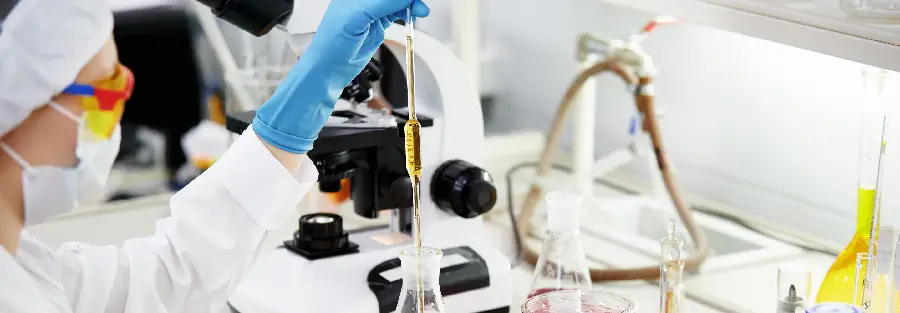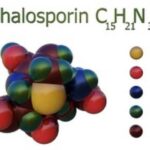The fine and specialty chemicals industry is a significant sector of the pharmaceutical industry that has grown rapidly in recent years. These chemicals are essential in the manufacture of drugs, active pharmaceutical ingredients(APIs) and other essential components used in the pharmaceutical manufacturing process.
Commodity chemicals, fine chemicals and specialty chemicals are the three main divisions of the chemicals business. Commodity chemicals are converted into fine chemicals, and fine chemicals are combined to create specialized chemicals with characteristics tailored to a particular end purpose.
Industrial Issues for Fine Chemicals
Many obstacles, such as process quality control (QC) and regulatory compliance, stand in the way of the fine chemicals industry’s ability to innovate and flourish.Every step in the production of fine chemicals needs to be carefully controlled. Purchasers for fine chemicals have exacting requirements, many of which are based on regulatory or end-use industry standards, such as good manufacturing practices for pharmaceuticals, active pesticide ingredient regulatory compliance, and SEMI Standards for materials used in the electronics and semiconductor industries.
Industry Trends for Fine Chemicals
Biobased ingredients
Products made from biomass or through procedures that employ biomass are known as biobased materials. Biotechnology research and development has been going on for a while, and it keeps getting bigger and more successful.Companies that are at the forefront of biotechnology are creating biobased compounds that can be utilized to create more sustainable products. The chemicals industry will probably experience more efficiency in their operations as innovation develops, which can result in higher efficiency and cost savings.
Chemical Recycling
Plastics that can’t be recycled mechanically, including multi-layer items, extremely contaminated products, or rubbish that hasn’t been sorted can be recycled chemically. Transformational technologies, chemical recycling, and advanced recycling are all used synonymously.Particle acceleration – Nanotechnologies
The introduction of some new advancements to the chemicals sector due to the development of an ever-growing number of nanotechnologies includes the application of nanoparticles as catalysts and in drug delivery.
Catalysts are essential to the chemical industry because they speed up reactions throughout the whole production process. Developers of nanotechnology strive to create catalysts that are extremely active and selective, consume little energy, and have a long lifespan.
In several medicinal therapies, nanoparticles are utilized as drug delivery methods. At current time, materials like lipids, polymers, metals and carbon are frequently employed to make drug delivery nanoparticles.
Due to supply chain disruptions and increased demand for some products as a result of the pandemic, prices for these products have skyrocketed. But, the pandemic has also given the sector new chances, such as the creation of fresh medications and vaccinations to fight the virus.
In conclusion, the fine and speciality chemicals market in the pharmaceutical sector has a promising future due to the rising demand for high-quality medicines, technological improvements, and the expanding popularity of natural and organic products. But, the sector also faces difficulties that manufacturers will have to deal with in the ensuing years, such as escalating regulatory pressure and supply chain interruptions.




